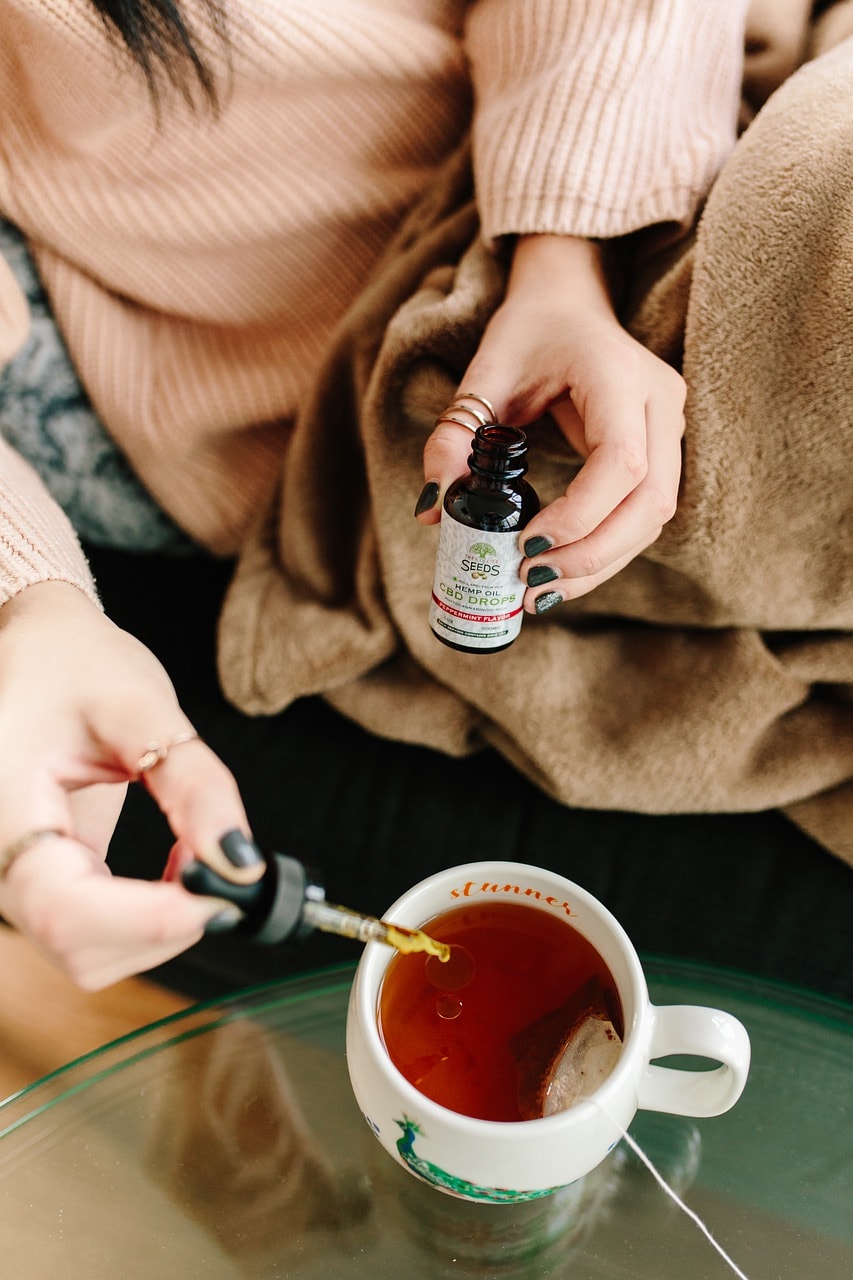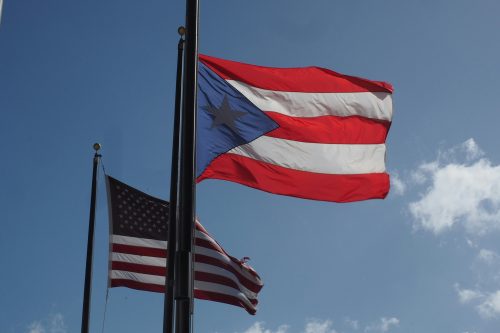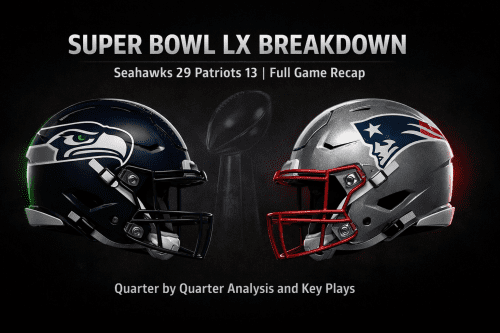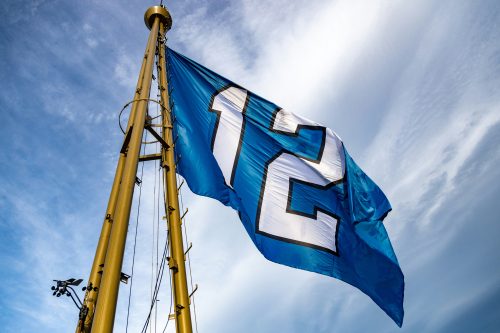My grandpa called me the other day to tell me about the CBD ointment he bought at one of his local health food stores. He doesn’t think it worked as well as the CBD ointment he bought at his regular licensed recreational cannabis shop. I relayed to him there are a lot of reasons this could be, dosages, THC content, the differences between hemp-derived CBD and cannabis-derived CBD, among other cannabis industry nuances. Needless to say, my 75-year-old grandfather doesn’t care about any of that, he just wants to buy CBD products that work as the label says. Unfortunately, that isn’t an easy thing to promise in the infant stages of our legal CBD industry.
Hemp and Cannabis Basics
Hemp has been used throughout history for rope, clothes, fuel, food, all kinds of things. Then it was roped into Harry Anslinger and the Federal Bureau of Narcotics’s cannabis prohibition through the 1937 Marijuana Tax act. Luckily, decades of damage and misinformation are being reversed through state-operated legal cannabis experiments and federal bills like the 2018 Farm Bill which legalized the production of hemp. It’s also helping the masses realize there’s key differences between hemp and cannabis.
The biggest difference between hemp and cannabis is the presence of THC. Legally grown hemp must contain 0.3 percent THC or less to be even considered for commercial production. Cannabis is grown specifically for head-spinning THC percentages to help medical patients that need potent medicine. Strains with high THC also sell incredibly well on the recreational markets. However, there are strains of cannabis that contain predominantly CBD as well. CBD is CBD regardless of where it comes from, but cannabis-derived CBD can only be found in licensed cannabis shops. Gas station and supermarket CBD products are made with hemp-derived CBD.
Patagonia Breaks Down Hemp’s History
When someone asks if hemp-derived CBD is effective, the answer is it absolutely as the potential to be as effective as cannabis-derived CBD, but it depends on if you’re getting what you pay for. Leafly just completed a comprehensive breakdown of commonly found CBD products and it’s apparent that regulating CBD dosages is a major problem the newly minted legal industry is facing. The majority of products were far and away from what the labels read and the most accurate products were only within 20 percent of the label dosage.
Experts say this may be the closest consumers can expect while hemp-derived CBD producers refine their processes. Their findings suggest that CBD products containing THC tend to be more accurate. This is probably because legal recreational markets have been around long enough to establish better standards and practices for regulating dosages. CBD is also more effective when there is a little THC present. The entourage effect is when different cannabinoids interact with each other to create a wider spectrum of effects. THC binds with CBD and helps it pass through the blood-brain barrier so you get more of your medicine.
How To Find Safe Hemp-Derived CBD Products
There is no easy way to find safe products and brands. The only way is to do your research and contact companies directly and demand their CBD sources and third-party test results for their products. If you find brands that brandish this information willingly, that transparency is a good sign of a brand’s intentions and business practices.
The best bet for avoiding fraudulent hemp-derived CBD products is avoiding random products you find at your local gas stations, supermarkets and health food stores. The FDA’s CBD regulations aren’t expected to show up until early 2020 and it’s unlikely the employees ordering these products have done their homework on the thousands of CBD brands popping up all over the internet.







